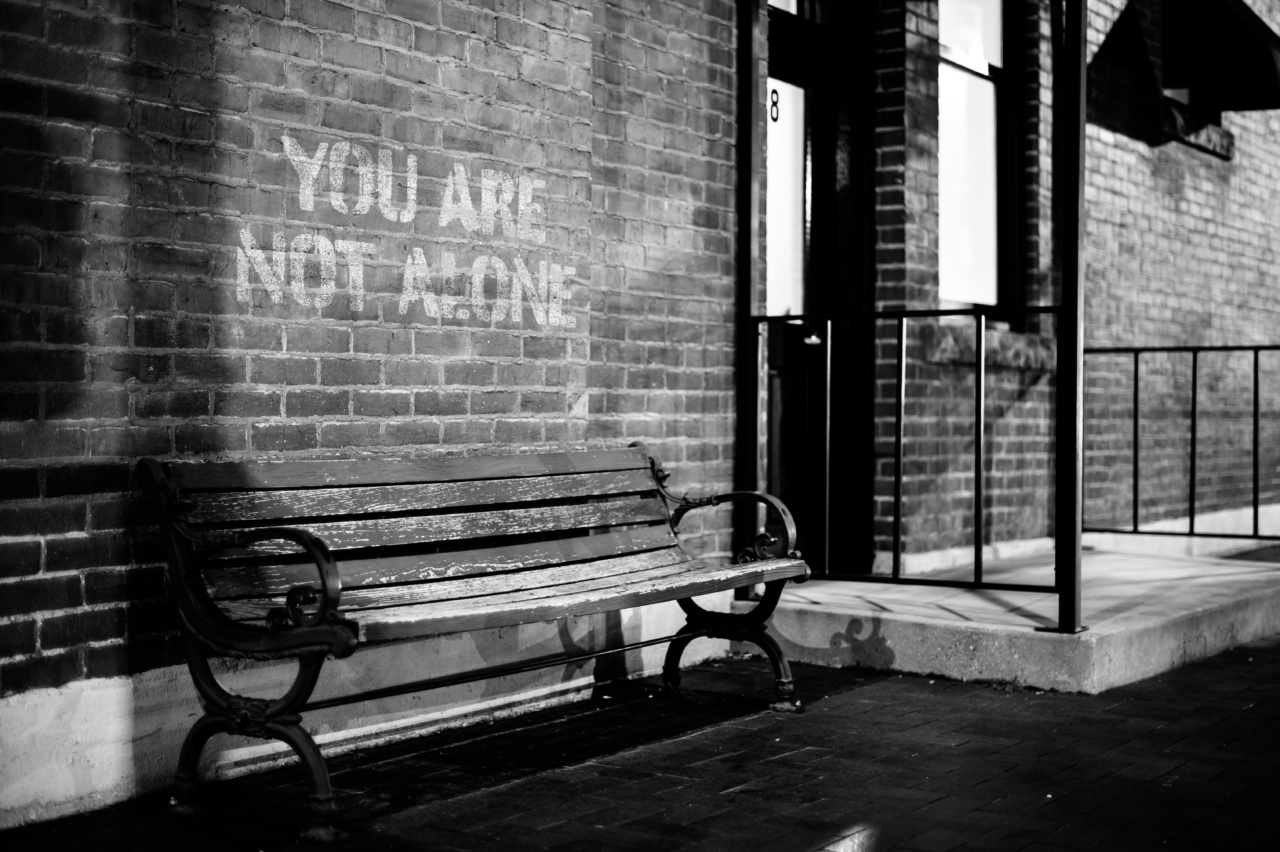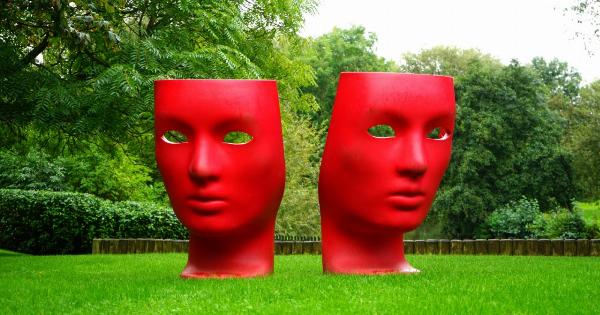Do you find yourself easily swept up in emotions? Are your reactions dramatic and larger than life? If so, you may be wondering just how dramatic you truly are.
While it’s normal and healthy to experience a range of emotions, some individuals have a flair for the dramatic that sets them apart from others. In this article, we will explore the characteristics of dramatic individuals and provide insight into how to manage and channel your dramatic energy effectively.
What does it mean to be dramatic?
Being dramatic refers to having a tendency to react in an exaggerated and attention-seeking manner.
Dramatic individuals may have intense emotional reactions to various situations, often displaying over-the-top expressions of joy, anger, sadness, or excitement. They may relish the spotlight and seek validation or attention from others. While being dramatic is not inherently good or bad, it can sometimes lead to misunderstandings or challenging social dynamics.
Signs that you are a dramatic person
If you suspect that you have a flair for the dramatic, here are some signs that may confirm your suspicion:.
- Expressive body language: You tend to use exaggerated gestures and facial expressions when expressing emotions.
- Attention-seeking behavior: You often find yourself craving attention from others and may go to great lengths to be noticed.
- Quick mood swings: Your emotions can shift rapidly and dramatically, often surprising those around you.
- Difficulty accepting criticism: You may struggle with receiving feedback, taking it personally and responding emotionally.
- Love for theatrics: You enjoy the arts, particularly theatrical performances, and may have a natural talent for performing or storytelling.
- Tendency to be the center of attention: You gravitate towards situations where all eyes are on you and thrive in social settings.
- Intense reactions: Your emotional responses to situations are often heightened, and you may find yourself feeling things more intensely than those around you.
- Difficulty maintaining emotional boundaries: Your emotions often spill over beyond the situation at hand, impacting other areas of your life.
- Love for drama in media: You are drawn to movies, TV shows, and books that are intense and emotionally charged.
- Need for validation: You rely on the approval and admiration of others to feel good about yourself and your accomplishments.
The impact of dramatic behavior
While your dramatic tendencies may make you stand out in a crowd, they can also have a few potential downsides:.
- Strained relationships: Your dramatic behavior may create tension or confusion in your relationships as others struggle to understand or keep up with your emotional rollercoasters.
- Miscommunication: Your intense emotional expressions may be misinterpreted, leading to misunderstandings and conflict.
- Self-doubt: You may begin to question the authenticity of your emotions, wondering if your dramatic reactions are genuine or simply for show.
- Draining energy: Constantly being in a heightened emotional state can be exhausting, leaving you feeling drained and fatigued.
- Limited emotional range: If your default mode is dramatic, it may be challenging to experience and express a full range of emotions effectively.
Managing dramatic tendencies
If you wish to manage your dramatic tendencies effectively, here are some strategies that can help:.





























